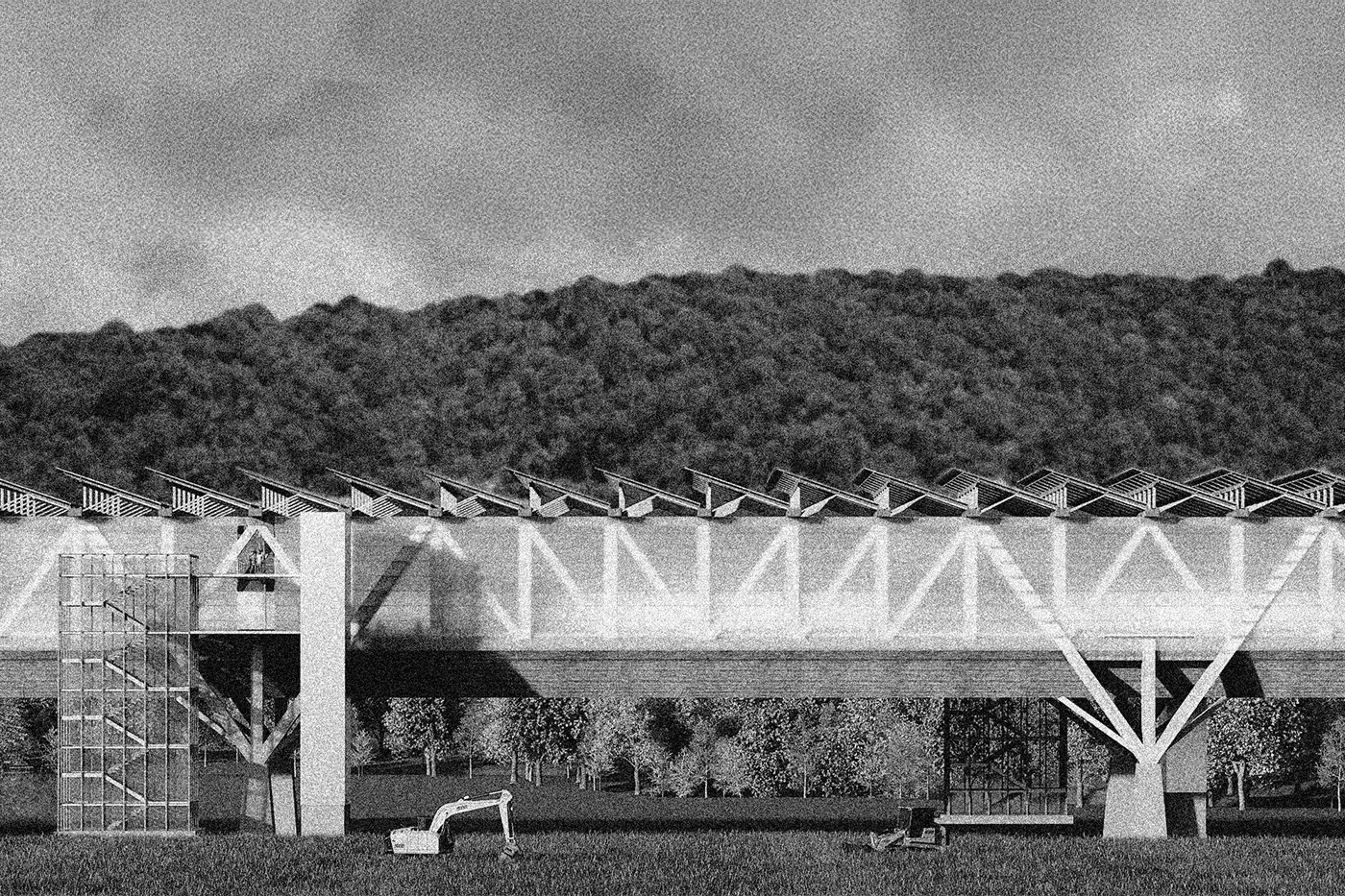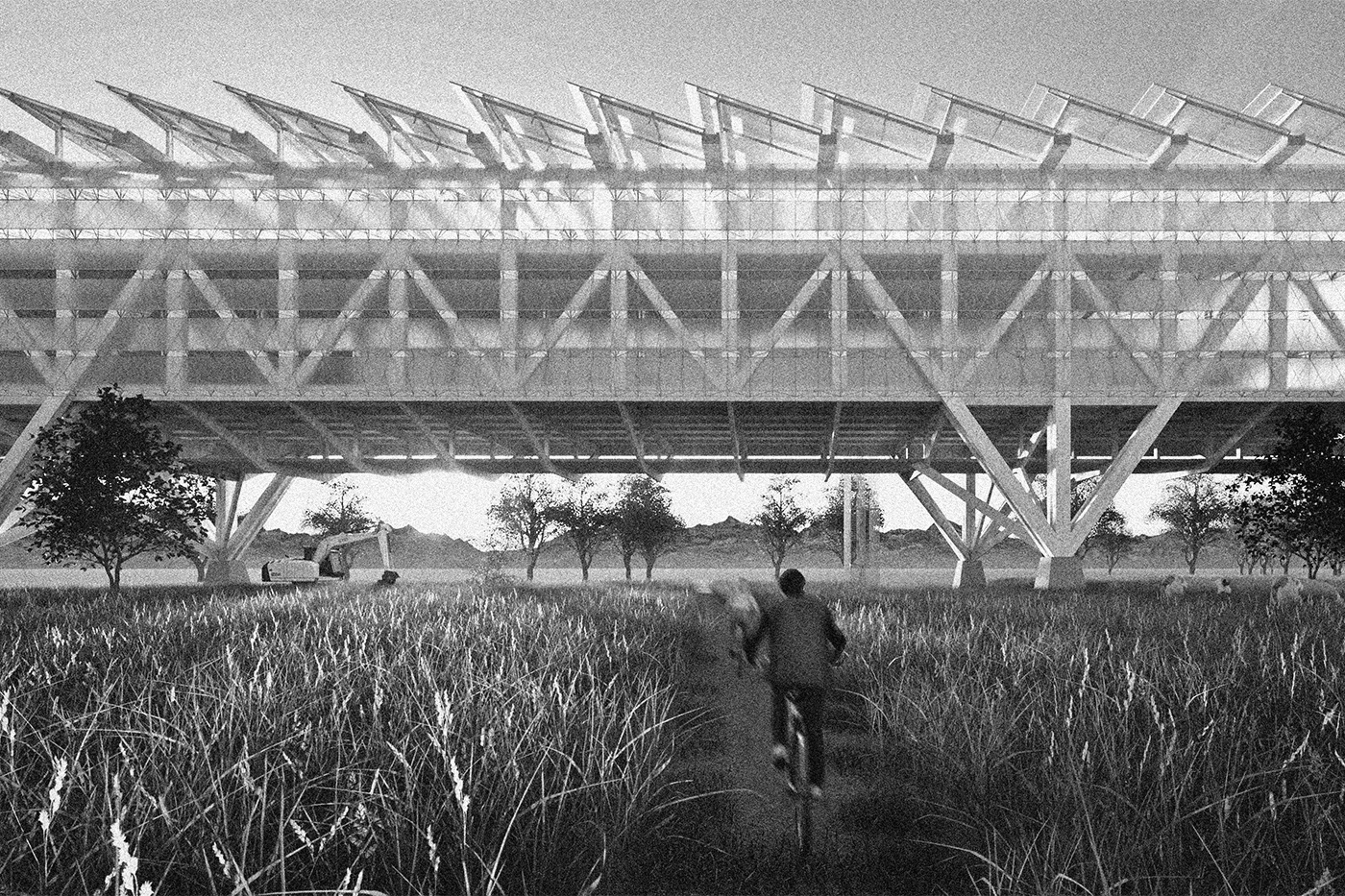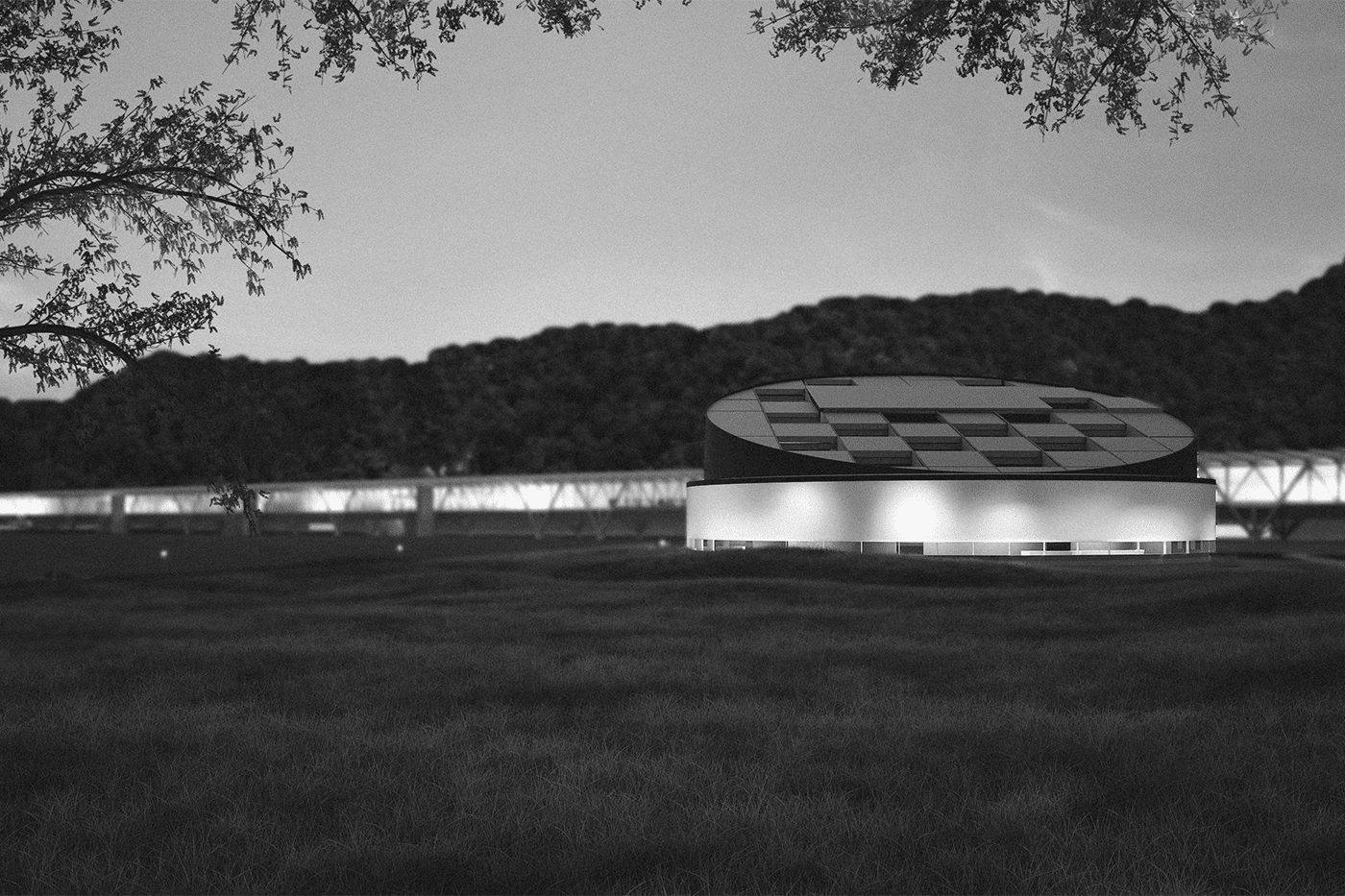Project implementation: Brazil
Project development: Brazil
On the eve of its centennial, the Federal University of Minas Gerais (UFMG) embarks on a new phase of university expansion, guided by planning guidelines and perspectives aligned with contemporary challenges. The plan for a new campus on a farm that represents a green oasis for the city of Pedro Leopoldo, in the Belo Horizonte Metropolitan Region, is being developed. The Pedro Leopoldo Model Farm Master Plan is guided by the principle of minimal intervention and conscious use of the land and its resources, articulated around the duality of urbanity and sustainability.
This new campus, proposed as an inter- and transdisciplinary platform to address major contemporary issues, is based on an analysis of the territory's physical, environmental, landscape, historical, and cultural structures, recognizing and valuing three notable landscapes: the remaining large trees, the agro-pastoral structures connected to watercourses, and the architectural remains of historical and cultural significance, given that it is a farm with approximately 100 years of occupation. To ensure maximum preservation while simultaneously establishing an initial structure to support university activities, conventional urbanization is avoided and a linear, elevated building is proposed that articulates and integrates the farm's fragments into a spatial design of condensed urbanity that combines architecture, infrastructure, and landscape. Recognizing the multi-scale complexity of the territory and engaging with the urban-rural interface in which the site is located, the Plan, more than defining uses, seeks to establish favorable conditions for a still unpredictable future occupation. In its symbolic and practical dimensions, this project seeks to represent the embodiment of a new paradigm for teaching, research, and outreach spaces: an open, green, and transdisciplinary campus, whose occupation supports practices of coexistence and production based on reconciliation with nature. Pedro Leopoldo's sustainable and advanced Green Campus, therefore, reaffirms the University's role as an agent of transformation, illuminating new modes of occupation that are kinder, more inclusive, qualified, articulate, and conscious.




